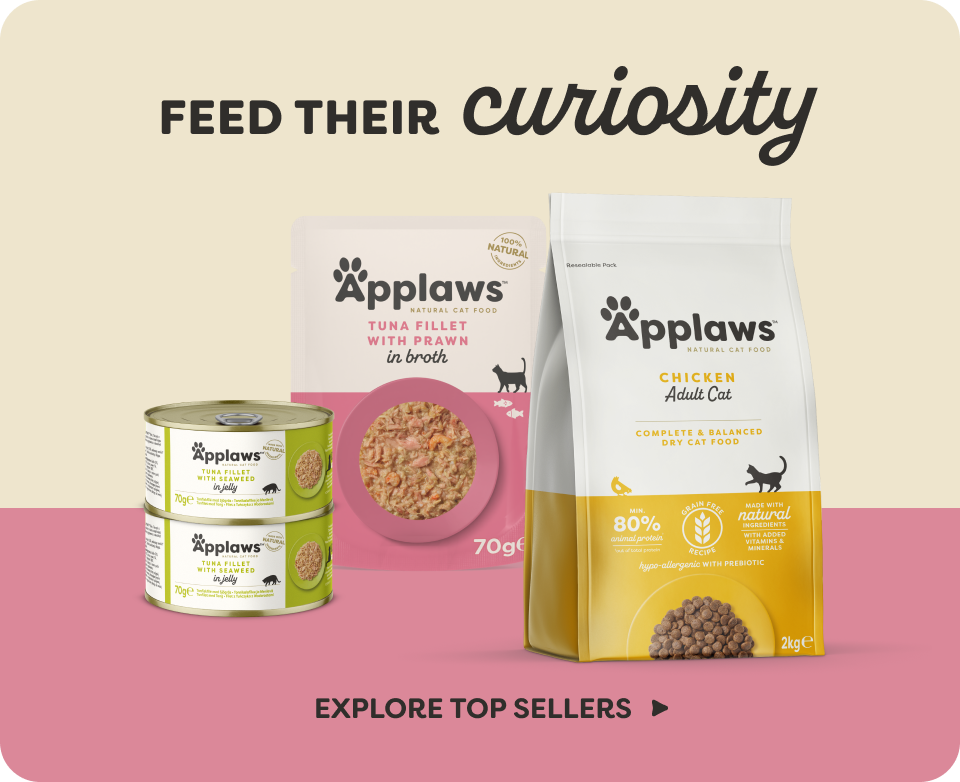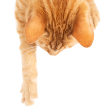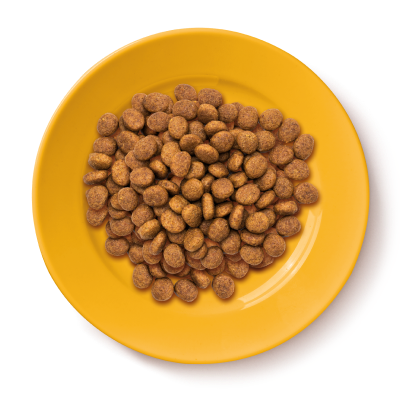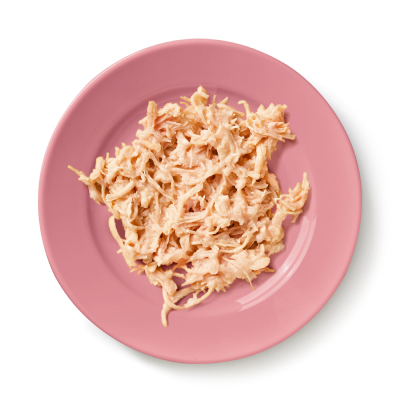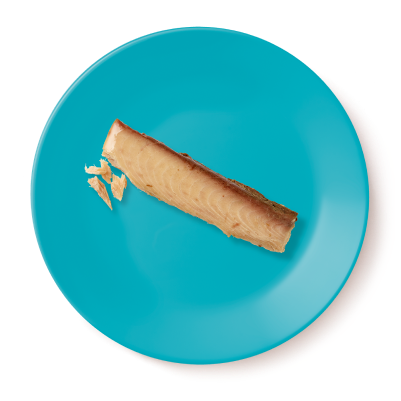-
Shop By Age
-
Kitten
Up to 1 year
-
Adult
1-6 years
-
Senior
7+ years
Diet & Kidney Disease – What you need to know for your cat
03/04/2024
When your cat has kidney problems, it’s absolutely essential to get their dietary needs in order. Internal ailments can be deeply dispiriting for our cuddly companions, but a change in nutrition can soothe their suffering.
Specially formulated meal plans are the best way to make the disease less debilitating for our fabulously fluffy family members.
Food really is the best medicine for our cats and prescribing the right sustenance can help our precious pets get back on track.
Here at Applaws, we want to do whatever we can to help your four-legged friend get fighting fit, so here are some suggestions on how to slow its progression and the solution to nursing the symptoms.
Why does a cat with kidney problems need an updated diet?
When a pet’s mechanics aren’t fully functional, and an afflicted major organ is compromising their health and wellbeing, then it’s imperative to act without delay.
The dynamic between diet and disease can be quite a complex one to understand, therefore a little research, and seeking expert guidance and advice, can go a long way to easing the strain on your sickly kitty.
Specially formulated meal plans aren’t just a fad, they serve a real purpose, especially when it comes to our enfeebled felines, who need sustenance suitably tailored to meet their individual needs.
A cat with CKD requires a food type with restricted or high-quality protein given that the kidney can no longer operate at full capacity and perform some of its key roles.
One of the organ’s major duties is to remove toxic waste products from the bloodstream, which is produced when dietary protein breaks down during the digestion process.
However, when the kidney’s functionality is reduced, waste products such as urea and phosphorus can’t be removed from your pet’s system properly, which is when the problems begin to escalate and cause your cat to feel some discomfort. Hence why a diet made from moderate amounts of high-quality protein helps, because it produces reduced levels of urea and phosphorus that the kidney is required to eliminate.
Another crucial role of the kidneys is to conserve water and fight to prevent dehydration. With the disease causing your four-legged friend to urinate excessively, it becomes essential to increase their water intake.
This can be achieved via their diet with foods that promote a high-water content. Wet food, for example, is made up of around 70% moisture, which makes it a much more suitable and convenient source for your companion, particularly in comparison to dry food options.
All of this combined can ease the stress on your fur baby’s body and internal organs, enhance their quality of life, while ensuring that they’re getting all the nourishment necessary to thrive on a daily basis.
A healthy cat is a happy cat
Dietary guidance for cats suffering with kidney disease is there for a reason. Specially formulated meal plans, tailored to meet the nutritional needs of those pets suffering, are almost medicinal when it comes to caring for our four-legged friends.
All we want, as pet parents, is for our savvy little sidekicks to keep moving around our homes with a sassy little swagger, even when they’re suffering from a potentially debilitating illness.
It’s down to us to do all we can to ease their hurt and anguish. Filling their bowls with all the goodness they crave is an integral part in ensuring that they can keep going about their day-to-day business as normally and as pain-free as possible.
Remember, a healthier cat is a happier cat!
